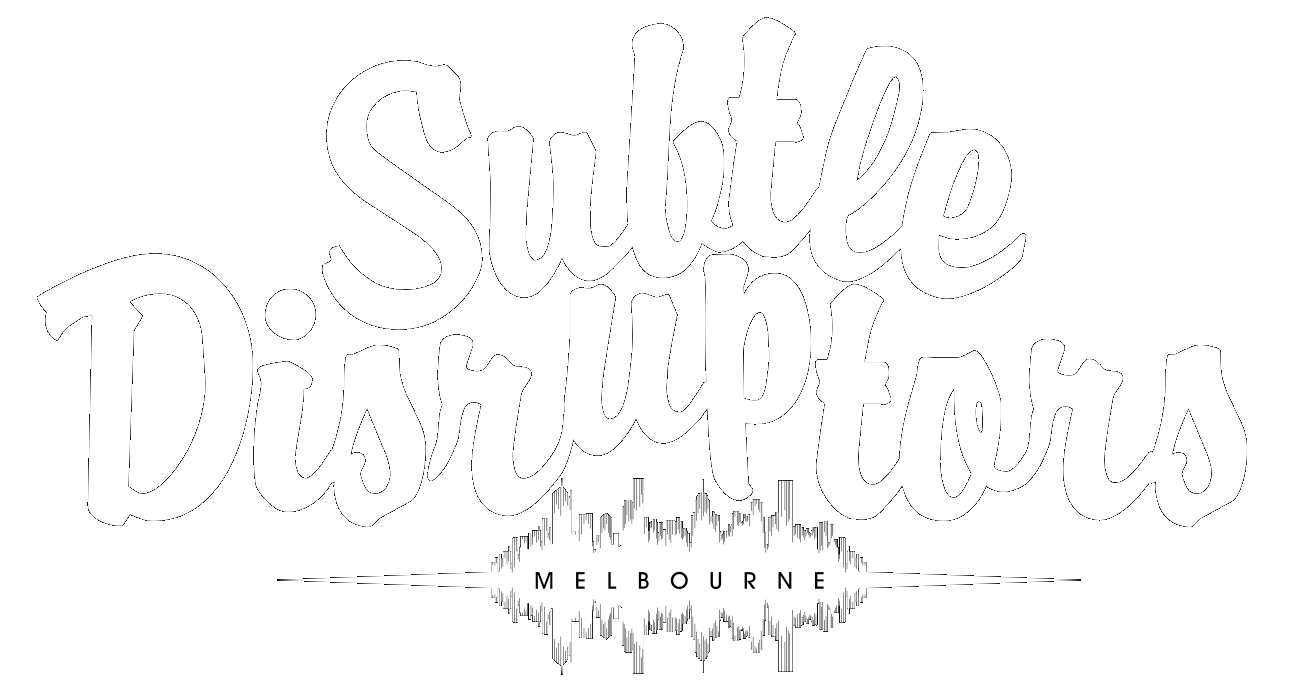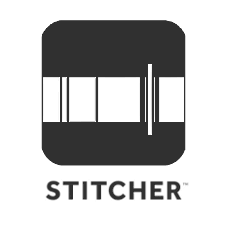I have vivid memories of my first ‘real’ job after university. I felt lost. I felt unprepared. I had had illusions in my head of changing the capitalist system; of learning the game and turning it on itself.
I had been so good at following the rules all through my childhood. Through school, church, and university. And it had worked so well for me. Great grades; loved by teachers; and landed the job I thought I wanted at a big 4 consulting firm.
But when I got there nothing was as I expected. The rules no longer applied and I didn’t know how to learn the new game. So I struggled. I got depressed, and in some ways it is only now, 17 years after hitting the workforce, that I have developed the skills to trust myself, to understand and follow my curiosity, and to feel confident enough to express and create the things that I want to bring into the world.
Forty years ago my guest for this week, Philip O’Carroll, with is wife Faye Berryman started a school in Fitzroy North. It was the 70s, and the hippy’s kids were coming to be of school age.
As Philip explains it, this was a time when our species had brought itself to the point of nuclear self-extinction, and this result on many of the assumptions and ways of doing things in our society to be questioned.
One of these things was education and the way we use the 13 years allocated to preparing young humans for the world of which they will become stewards.
Philip and his wife were sending their kids to an alternative school which collapsed, and instead of giving up on the idea they took it upon themselves to create something new.
In the downstairs of their Fitzroy North terrace house the started Fitzroy Community School. Writing up their way of doing school and putting an ad in the local paper, they soon had 20 students enrolled.
Putting and emphasis on inter-personal communication and education the whole child, they knew their approach would not be for every parent but wanted to offer a way of doing school for those who were looking for it.
Forty years later, and now with 65 students (and a long waiting list) across three joined and extended houses, the school is consistently in the top 1% of external school testing across the state, with secondary schools asking this primary school for more of the type of students that help nurture.
Philip reflects on the characteristics of the students that have come through the school: engaged and responsible for their learning; equipped to handle and adapt to new and unfamiliar situations; a curiosity and desire to explore.
While the school operates on a timetable, it is only there to fallback on when there is nothing better to do. There are free-periods every day and no timetable for Wednesdays. The take every opportunity to get out of the build, explore that Edinburgh Gardens across the road, or attending anything from the birth of a horse to regular swimming lessons. Camps and being in the outdoors are features of the kids’ experience at the school.
Intimate, the school is like an extended family, and gets me thinking that this is as close as I have seen to the feel of a village in an urban setting.
Despite its obvious success, Philip reflects on how difficult it would be to start something similar today, lamenting the lack of diversity available to parents.
Philip is wise, humble, and inspiring, and to me sums up the essence of a subtle disruptor. I hope you enjoy this conversation.
Podcast: Download
Subscribe: Apple Podcasts | RSS




My children went to private schools because I wanted a different education to what I had had in the public system. I totally ‘get’ this type of alternative schooling that dares to be different and appears committed to educating children for the ‘real’ world.
Thank you for sharing this model with me.
So good to hear from you Karen! Schooling the kids is an ongoing question for me. What was different about the approach of the private school your kids went to?